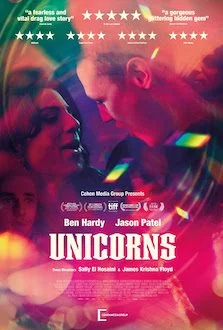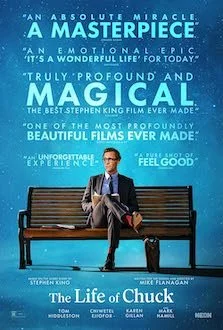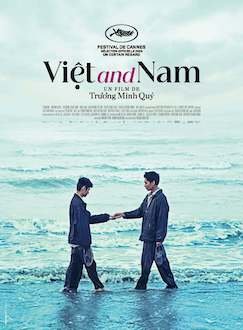Direction: Klaudia Reynicke
Country: Peru / Switzerland / Spain
Set in political restless Lima, Peru, in 1992, Queens follows two teenage sisters, Aurora (Luana Vega) and Lucia (Abril Gjurinovic), who unexpectedly reconnect with their absent father, Carlos (Gonzalo Molina), just as their mother, Elena (Jimena Lindo), plans to leave the country for good. The elusive father—well-intentioned yet pathological liar—is the most compelling aspect of a drama that never fully excels in any department.
Given the layered motivations and despite director/co-writer Claudia Reynike's efforts to achieve a sense of balance and restraint, it's unfortunate that the script doesn't go in for more tension and emotional weight. It all feels very prosaic and routine, while the painstaking lengths prevent a genuine connection with the characters. In many occasions, the lack of dramatic spark can't be overlooked, and I wish the director had taken more advantage of potentially tense dynamics. Queens didn’t do much for me.








































